Sign up for email updates
Sign up to receive emails from us and we'll keep you up to date about our support and services, latest news, stories from people affected by visible difference, and ways to get involved.
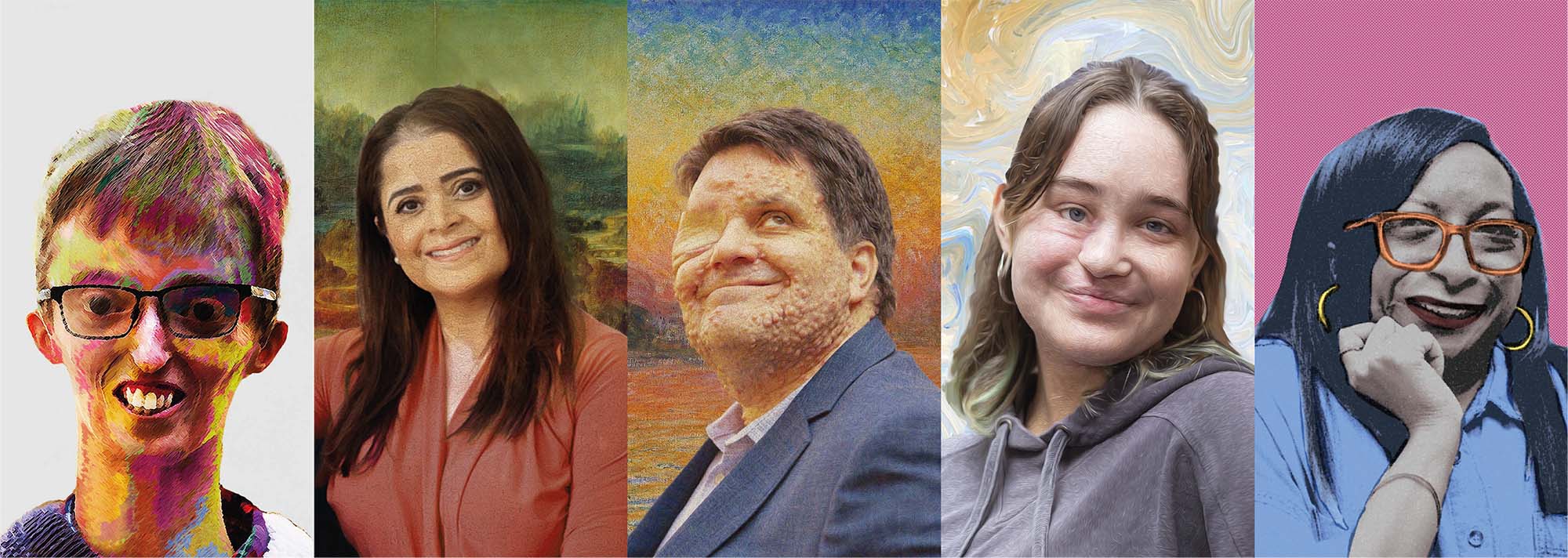
For this year’s Face Equality Week we are reclaiming the canvas, bringing our diverse community into full view, to be seen, valued, and celebrated
Face Equality Week is an opportunity for us to raise awareness of what needs to change so everyone with a visible difference or disfigurement can live the life they want to lead.
This year, launching Monday 12 May, we’ll be reclaiming space for people with visible differences, in a world that too often erases or side lines them.
I am one of 13 people worldwide with MDP syndrome. Face Equality is so important for my community and I love sharing my experience of having a visible difference and help others who feel shy.
Our campaigners have united to embrace and celebrate their appearance as the masterpieces they truly are – bold, beautiful, and entirely unique. In a world that often tells us to conform, they are proudly standing, showing that difference is not something to hide, but something to embrace. Inspired by the iconic styles of legendary artist, from the swirling emotion of Van Gogh to the vibrant boldness of Warhol, we have reimagined campaigners Oliver, Dylan, Katie, Joti, and Abi as timeless works of art.
These artworks are more than creative expressions, they are powerful statements. They remind us that beauty is not defined by convention, but by character. That every visible difference carries meaning, and every unique characteristic is a chapter in someone’s own story.
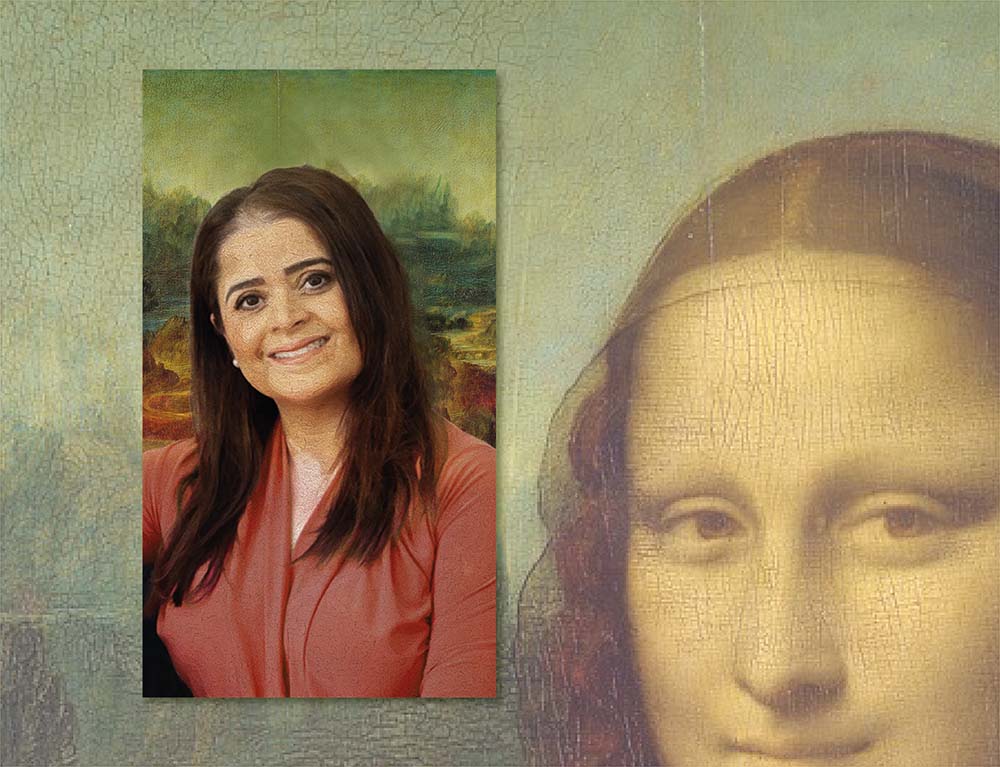
Joti in the style of The Mona Lisa by Leonardo da Vinci
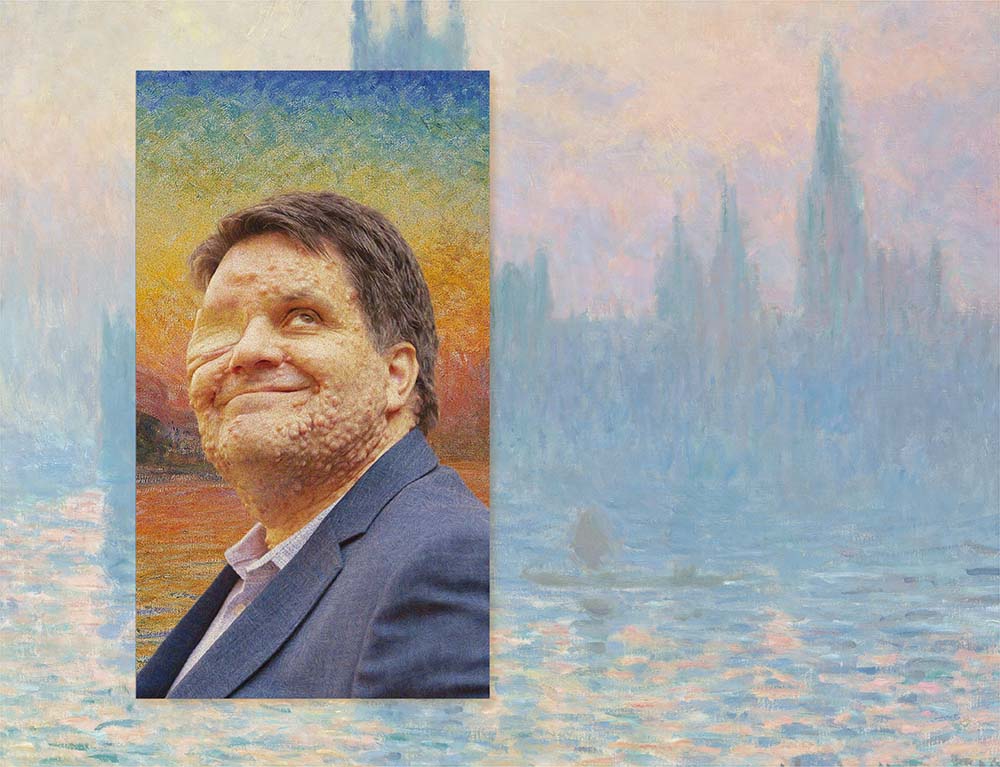
Oliver in the the style of The Houses of Parliament by Claude Monet
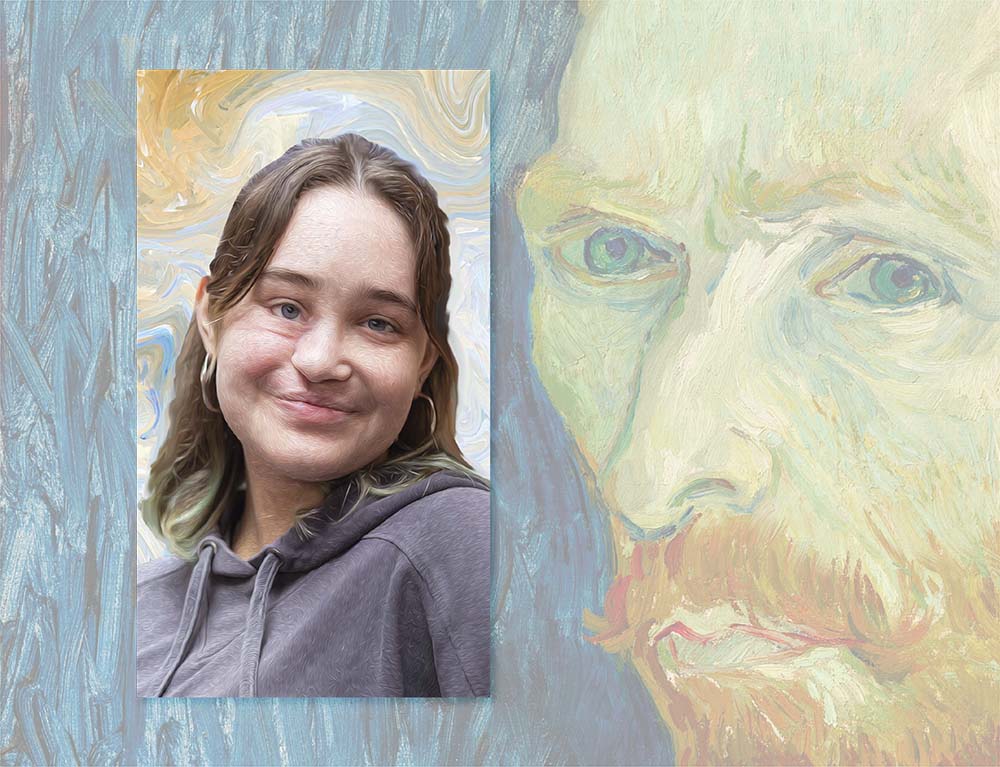
Abi in the style of Self-Portrait by Vincent van Gogh
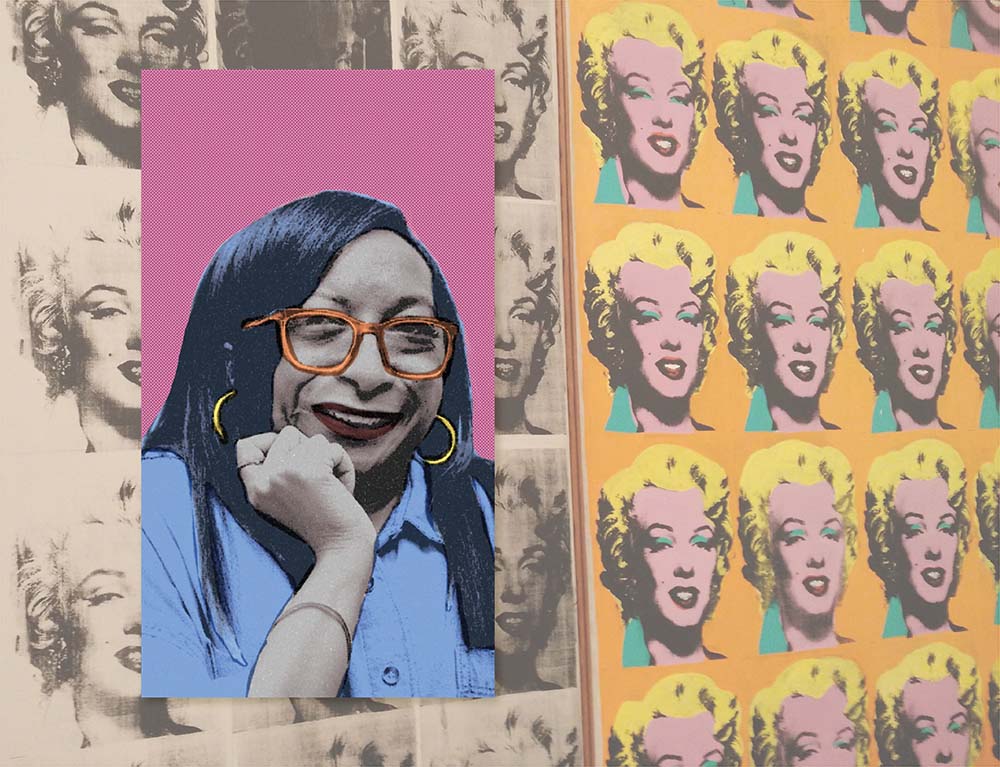
Katy in the style of Marilyn Monroe by Andy Warhol
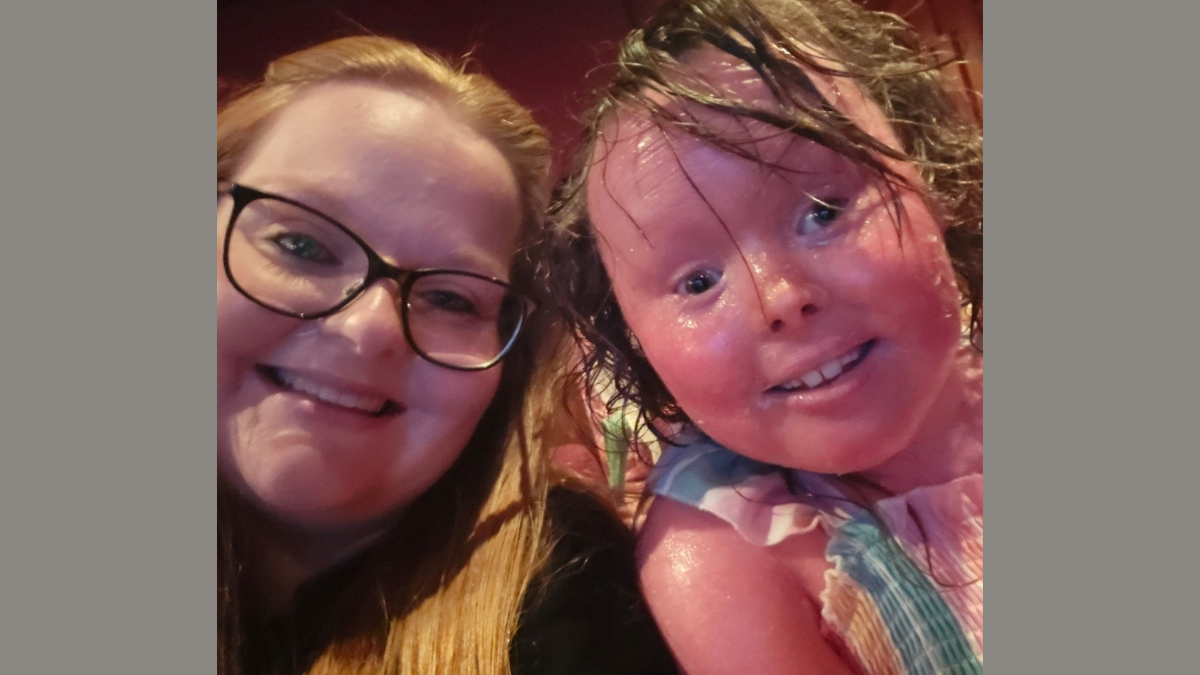
Despite the daily challenges that Poppy navigates with Harlequin ichthyosis, she embraces life with joy. That’s why I say with pride: My daughter Poppy is a masterpiece.”
Read Amy and Poppy's storySign up to receive emails from us and we'll keep you up to date about our support and services, latest news, stories from people affected by visible difference, and ways to get involved.
Changing Faces campaigners are a diverse group of adults from across the UK, united to speak out about living with a visible difference.
Changing Faces campaigners are a diverse group of adults from across the UK, united to speak out about living with a visible difference.